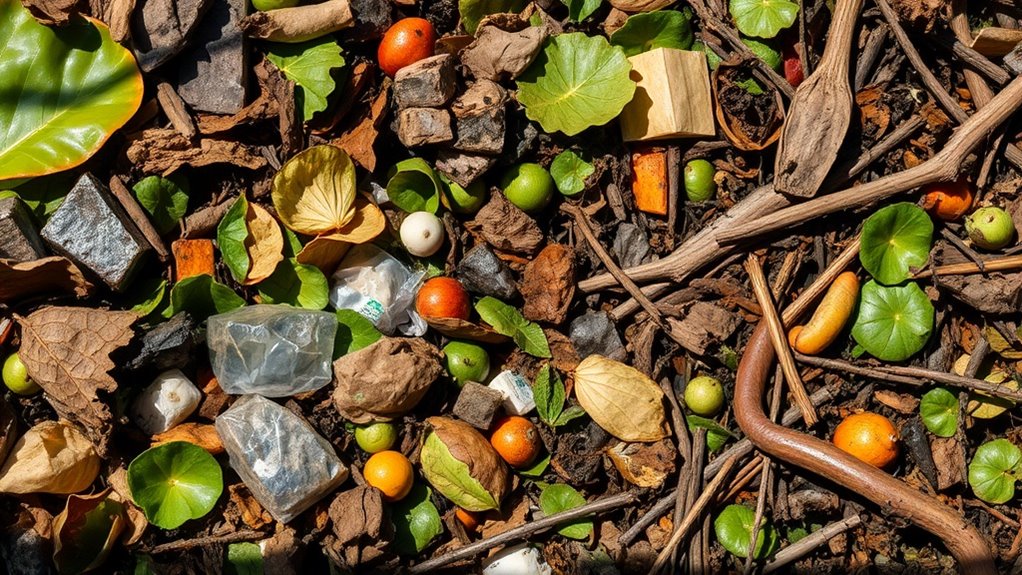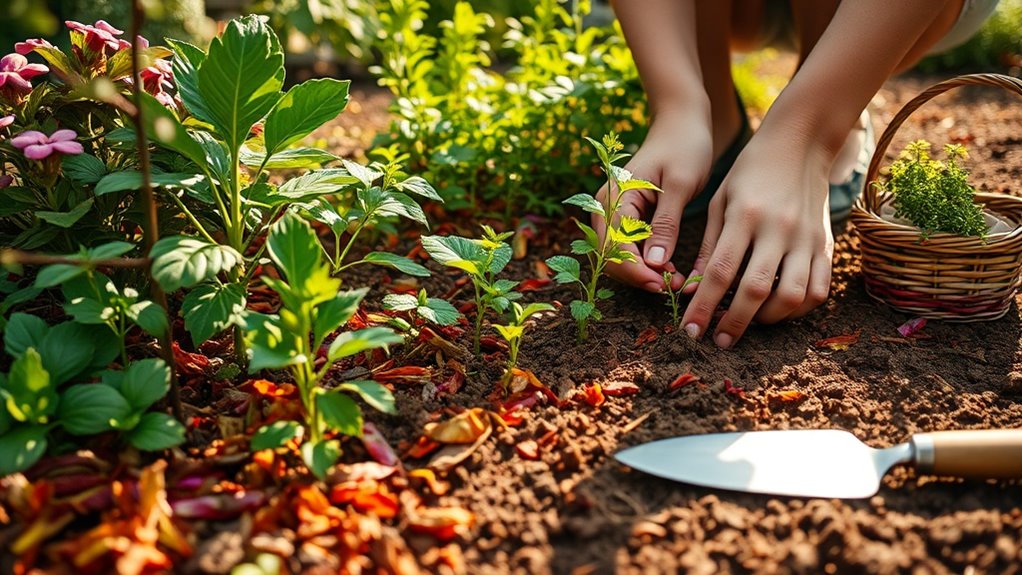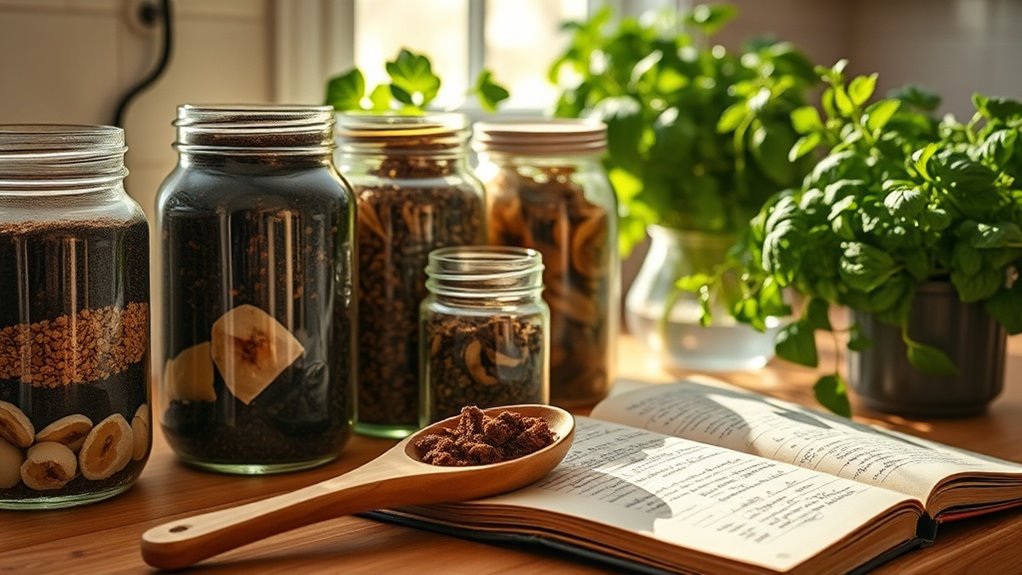Want Faster Growth. Try This Soil Prep Before Planting
If you want faster growth in your garden, proper soil prep is crucial before you plant. First, testing your soil’s pH ensures it’s in the right range for optimal nutrient uptake. But it doesn’t stop there. Enhancing your soil’s nutrient content and structure can make a significant difference. Let’s explore some essential techniques that could transform your gardening experience, leading to healthier plants and a more vibrant space.
Understanding Soil Composition
Soil, often called the earth’s skin, plays a crucial role in plant growth and health.
Understanding soil composition is key to effective soil prep. Focus on balancing sand, silt, and clay for optimal drainage and nutrient retention. Incorporate organic matter to enhance structure and fertility. Additionally, knowing the importance of essential soil ingredients can help you provide vital nutrients for thriving gardens.
Use these soil prep tips to create a healthy foundation, promoting faster growth in your garden.
Testing Soil Ph Levels
While preparing your garden for optimal growth, testing soil pH levels is essential to ensure your plants thrive. A pH of 6.0 to 7.5 typically supports most plants. Here’s a quick reference for understanding pH levels and plant health:
| pH Level | Plant Response |
|---|---|
| 4.0-5.5 | Poor growth, nutrient deficiencies |
| 5.6-6.0 | Limited nutrient uptake |
| 6.1-7.0 | Ideal for most crops |
| 7.1-8.0 | Possible nutrient issues |
| 8.1+ | Alkaline, many plants struggle |
Additionally, look for signs of struggling soil to address any potential issues early on.
Enhancing Nutrient Content
To achieve robust plant growth, enhancing nutrient content in your soil is a crucial step. You can accomplish this by incorporating organic matter like compost or well-rotted manure, which boosts essential nutrients and improves microbial activity.
Additionally, consider adding specific fertilizers based on your soil test results to provide targeted nourishment. This tailored approach helps maximize nutrient availability, ensuring your plants thrive. Implementing fast composting techniques can also significantly speed up the process of creating nutrient-rich compost, allowing you to enrich your soil more quickly.
Improving Soil Structure
When you focus on improving soil structure, you’re setting the foundation for healthier root development and increased water retention.
Good soil structure enhances aeration and allows roots to penetrate easily. To achieve this, break up compacted areas and ensure proper drainage.
Use cover crops or minimal tillage to protect soil integrity, promoting a diverse soil ecosystem essential for vigorous plant growth. Additionally, incorporating natural materials such as compost or aged manure can further enrich soil health and fertility.
Incorporating Organic Matter
Incorporating organic matter into your soil not only enhances its fertility but also boosts its overall health.
When you do this, you’re creating a thriving environment for your plants.
Consider the feelings that come from:
- Witnessing lush, vibrant growth
- Embracing healthier harvests
- Knowing your soil’s alive with nutrients
- Cultivating a sustainable ecosystem
Additionally, adding organic matter helps to enhance soil quality, ensuring your garden thrives for years to come.





